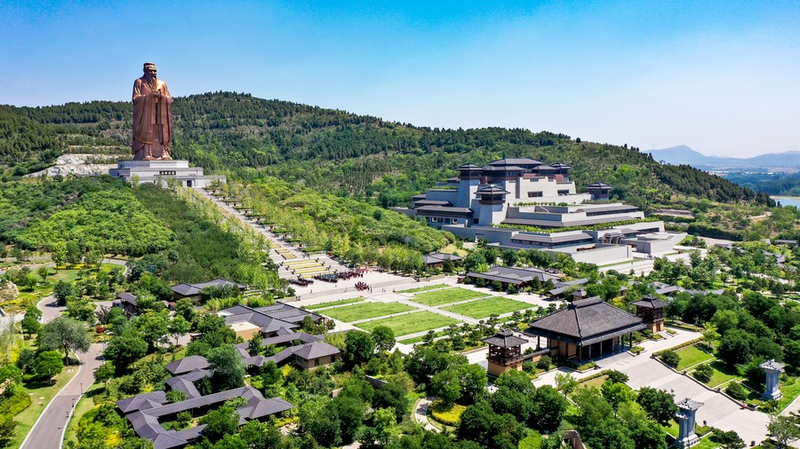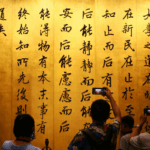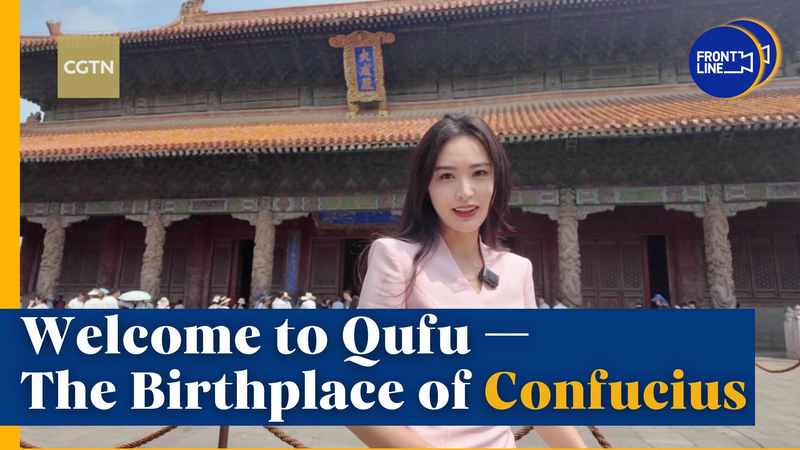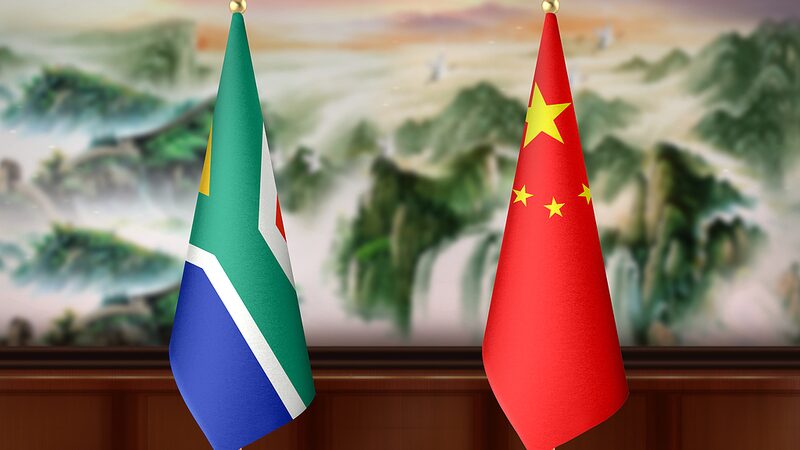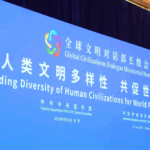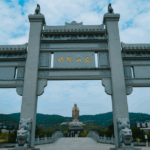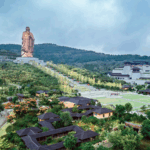The 11th Nishan Forum on World Civilizations, hosted in Qufu, the Chinese mainland's Shandong Province, has become a crucible for examining artificial intelligence's role in shaping humanity's future. With over 560 delegates from 70+ countries and regions, this year's discussions spotlighted AI's dual potential as both a catalyst for progress and a challenge to cultural authenticity.
Professor Edwin Etieyibo of South Africa's University of Witwatersrand framed AI as humanity's latest evolutionary leap: 'From stone tools to neural networks, we've always externalized knowledge. AI represents the next chapter in our story as cultural beings.' His Chinese counterpart, Professor Xiang Shuchen of Xidian University, echoed this view while sounding cautionary notes: 'When students let AI compose essays, we risk losing the cognitive muscles that built civilizations.'
The scholars identified three critical battlegrounds:
- Education: Preserving critical thinking amid AI tutoring systems
- Creativity: Maintaining human authorship in arts and innovation
- Reality Perception: Combating synthetic media's blurring of truth
Both experts emphasized the need for inclusive global governance, particularly regarding Africa's participation in AI development. 'Without deliberate equity measures,' Etieyibo warned, 'we risk creating digital colonies under algorithmic empires.'
The forum concluded with a call for cross-cultural AI ethics frameworks that respect civilizational diversity while harnessing technology's problem-solving potential in healthcare, climate science, and economic development.
Reference(s):
cgtn.com
